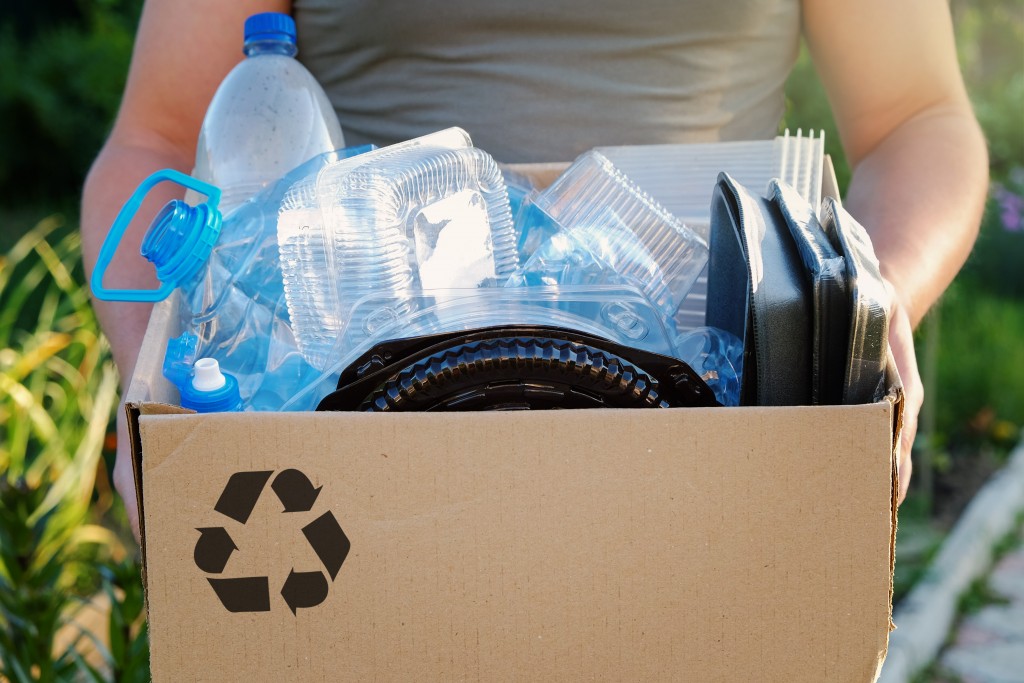The use of plastics is quite popular due to their convenience. Unfortunately, the popularity of plastics becomes a sad eventuality once the products are consumed and the plastic is discarded. Plastics end up piling up on land and in bodies of water. Getting rid of them also becomes problematic since they do not easily decompose. It is, therefore, essential to recycle plastics. Here are ways recycling plastics is beneficial to the environment.
1. It creates jobs
The process of recycling plastics requires labour. Many plastic recycling companies create green jobs for several people who earn money while saving the environment. Also, they enhance saving as the cost of recycled items is cheaper.
2. It minimises landfill wastes
Plastics create unnecessary wastes in landfills. Recycling used plastic products removes them from the environment, thus saving space in landfills. It also prevents them from emitting toxic chemicals into the environment.
3. It saves lives
When plastics start breaking down, they release toxic chemicals into the soil, bodies of water, and air. Animals can also feed on plastic chunks both on land and in water. The toxins, once ingested, can cause death. By recycling, we can save animals.
4. It reduces the emission of greenhouse gases
Since plastics do not decompose, most people opt for burning as a method of elimination. When this happens, harmful gases are released into the environment. Also, a lot of energy is required to manufacture plastics. Recycling conserves energy resources while protecting the environment against global warming.
5. It eliminates environmental hazards
Burning plastics has been proven hazardous. In addition to producing harmful gases, it exposes people to respiratory ailments. If enough caution is not taken, plastics dripping after burning could cause significant injuries. Recycling eliminates these hazards and makes the environment safe.
Saving the environment is a collective responsibility. That said, instead of focusing on getting rid of plastics, lean towards getting them recycled.




